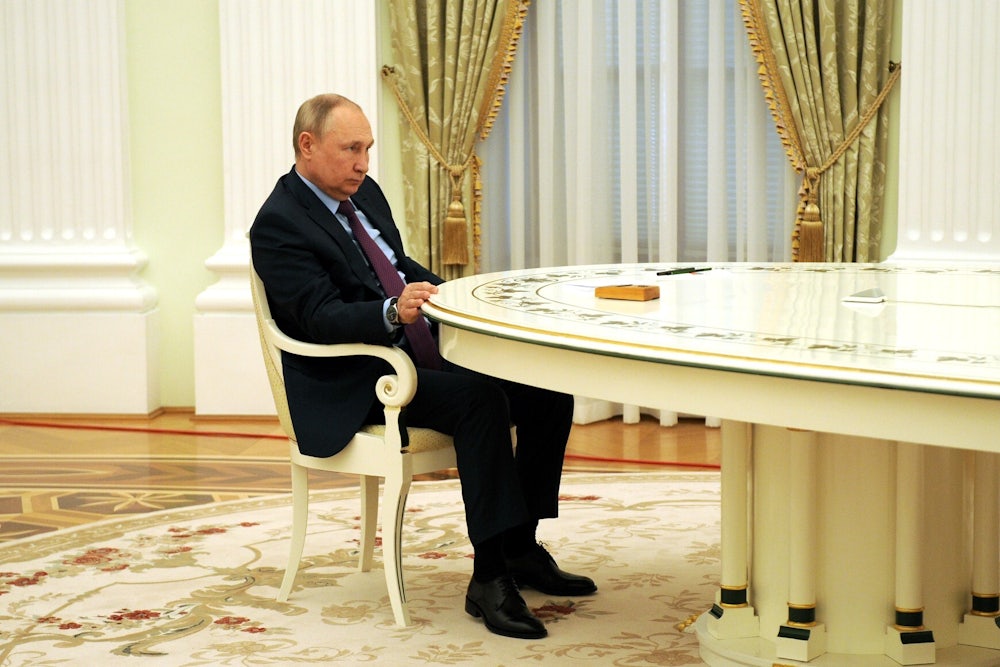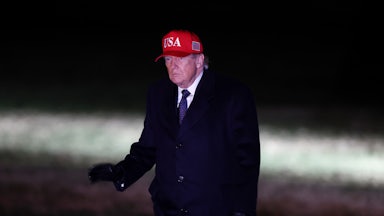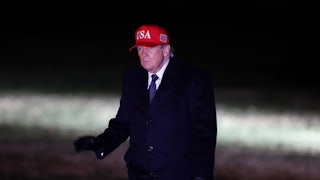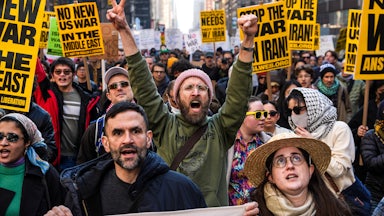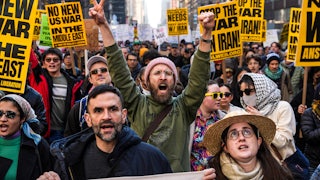Is the world really united against Vladimir Putin? I’d love to be able to say so. I read some moving things over the weekend, like this anecdote from a Haaretz journalist:
A Lebanese citizen in #Ukraine with a group of Arab Israelis told me he's not getting help to escape. So an Israeli official now said in response: "We have no problem helping Lebanese or any other Arab citizens as well. He can join the Israeli bus"
— Fadi Amun | فادي أمون | פאדי אמון (@FadiAmun) February 26, 2022
Israel and Lebanon have been in a formal state of war for decades. It’s illegal for Lebanese nationals even to speak to Israelis in most cases. So this is powerful and inspiring.
But it’s just one story. The whole truth is more complicated and less uplifting. Alas, Israel and Lebanon do have something in common, but it’s not good. Neither supported a draft U.N. Security Council resolution last week deploring Russia’s invasion of Ukraine. Russia, one of five permanent members of the Security Council, vetoed the resolution, but U.N. officials vow to have the General Assembly vote this week. (After this article was published, Israel’s foreign minister announced the country would back the resolution.)*
From the looks of things, that vote may not muster a majority. Check out this map, which Axios published over the weekend. More than 100 nations refused to condemn Russia, while 87 did. Fortunately, the 87 included almost all of Europe, which was good to see. Even countries that have historically taken a somewhat sympathetic view of Russia (Greece, for example) signed, as did Viktor Orbán’s Hungary (Hungary is a member of NATO and shares a shortish border with Ukraine). Signatories also included all three countries of North America, Australia, Japan, South Korea, and Brazil. The European outliers were Belarus, Serbia, and Kosovo.
But a lot of large or strategically important nations didn’t sign: China, India, Indonesia, Argentina, Saudi Arabia, Bolivia, Cuba, Egypt, Iran, Pakistan. Only seven countries in all of Africa signed. In the whole Middle East, it was just Kuwait. It will be fascinating to see if any of these positions change when there’s an actual vote—and with Putin now putting his nuclear forces on high alert.
The unity at NATO has been great. Germany in particular deserves praise for moving so swiftly against its own economic interests. Liberals and people of the left the world over should cheer new Chancellor Olaf Scholz, who appears to be bucking some very long-held conventional wisdom in his country about the need to have cordial ties with Russia. Earlier this month, former Chancellor and longtime Putin flunky Gerhard Schröder was nominated to join the board of Gazprom, the company behind the Nord Stream 2 pipeline. This wasn’t surprising; the week before, Schröder accused Ukraine of “saber-rattling.” While the German public is hardly in that camp, it was still the view of many in the United States and Western Europe that Germany would fold or go soft if Putin pulled the trigger.
But Scholz has been firm. He told the Bundestag on Sunday, “With the invasion of Ukraine, we are in a new era.” He said that the question facing Germany was “whether we allow Putin to turn back the clock, or whether we mobilize power to set boundaries for warmongers such as Putin.” He vowed to invest 100 billion euros ($112 billion) this year to modernize the Germany military, bringing spending up near or to the 2 percent of gross domestic product that NATO members nominally pledge but never pay.
Thus is the leader of the nation that last plunged Europe into darkness making a striking commitment against such violence and tyranny. It’s a new era, all right: Who ever thought that Germany would announce it was increasing military spending and we’d be cheering that announcement?
As for Nord Stream 2, Scholz says simply that Germany is going to have to live without it. It’s true that some of this is going to require that Germany produce and/or import more fossil fuels. However, according to the Financial Times, Scholz said he remained committed to Germany becoming carbon neutral by 2045.
That’s what leaders do. They see that reality has changed, and they change their stance. Mind you, he’s not even three months into the job. One month ago, no one thought he’d ever say no to Nord Stream 2. Bravo.
And speaking of mensches, mensch number one is Volodymyr Zelenskiy. As Russia expert Andrew Weiss told me last week, Zelenskiy a couple months ago was widely seen as someone who was in way over his head. His approval rating was in the teens. Now? His rejection of the American evacuation offer—“The fight is here; I need ammunition, not a ride”—will go down in history no matter what else he does as president.
Here at home, we have unity—for now. Of course, Republicans are “blaming” the invasion on Biden’s “weakness.” Of course, Donald Trump told the Conservative Political Action Conference Saturday night that Putin would never have dared do this if he’d been in office. The truth is, as I wrote in my newsletter last week (Fighting Words, appearing every Friday morning; sign up here), while Trump was in office, Putin didn’t need to invade. Trump as president was helping Putin achieve his goals—NATO disunity, a U.S. disrespected on the world stage and losing influence—quite nicely. Trump even tried to help corrupt Ukraine by threatening to withhold some military aid unless Zelenskiy was willing to lie for him about Joe Biden to help his reelection campaign.
So, yes, Republicans are being Republicans. But at least they haven’t gone that extra crucial mile toward openly cheering for Putin. Trump backed away from those earlier repugnant comments, and most Republicans, elected and rank and file, are clear about who the bad guy is here.
But we know very well that nearly all Republicans take their cues from Trump. On most topics, as we’ve seen, he’s entirely capable of saying A on Monday, Not A on Thursday, and going back to A on Sunday. If it starts to look like Putin is going to succeed, Trump—with an eye toward their future relationship, should, God forbid, he return to the White House—may well start praising him again. Most Republicans, or at least the loudest and most extreme ones, will follow.
We know this. We know that deep down, these people admire Putin more than they admire Biden, and that they consider liberalism a far greater enemy than they do authoritarianism. The latter isn’t any sort of enemy at all, in fact. It’s more like an aspiration. They will refrain from saying as much publicly, but they know that if Putin wins, they win, because in the global fight against democracy and tolerance and multiethnic coalition-making, they are all on the same side.
I remember after 9/11 a number of people I respected saying that this was our 1939, and it was time to choose sides. I only half bought that. Yes, in terms of choosing secular liberty over violent religious extremism. But in terms of backing the war against Iraq, no. George W. Bush’s crime—and make no mistake, it remains a crime, painterly country gentleman though he may now be—was to yoke Western values to a war of aggression, the kind of war thugs like Putin start. I still can’t believe so many smart people, including some good friends of mine (some now of the ex- variety), fell for it.
This, however, feels closer to me to 1939. It is time to choose. The U.S. and the West have made mistakes in dealing with Russia since the Soviet Union collapsed. Plenty of them. Those mistakes are worth remembering, but they aren’t what matters now. Scholz, Zelenskiy, and yes, Joe Biden, who appears to be doing a fine job keeping the coalition together, have chosen. We will see this week at the U.N. what the world chooses. And eventually, what Trump and the Republicans choose.
* This article has been updated.
